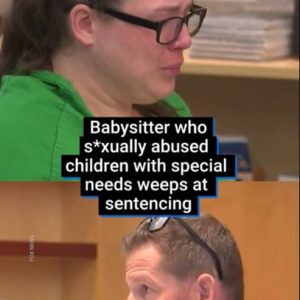When a 13-Year-Old Gets a Life Sentence: What Does That Say About Justice in America?
In a country that claims to believe in second chances, how can a child be sentenced to die in prison?
Right now, at least 79 children under 14 in the U.S. are serving life without parole—a punishment usually reserved for the most violent adult offenders. Some committed serious crimes, others were just caught up in the moment. But all were treated as adults, despite their age, their backgrounds, and their potential for change.
Behind each case is a young life shaped by trauma, poverty, abuse, and neglect. And while the U.S. Supreme Court has ruled against mandatory life sentences for minors, many states still haven’t acted on those decisions. States like Florida and Pennsylvania continue to lead in sentencing kids to life with no chance of release.
Advocates argue this isn’t just a legal issue—it’s a moral one. Science shows that children’s brains are still developing, and they have a unique ability to grow, learn, and turn their lives around. People like Bryan Stevenson of the Equal Justice Initiative say sentencing a child to die in prison is a failure of empathy—and of justice.

Reform efforts are growing, pushing for more humane approaches like rehabilitation and sentence reviews. But the fact that even one child remains locked up without hope is a call to action. If we truly believe in justice, we must ask: do we value punishment more than redemption?
Because how we treat our most vulnerable says everything about the kind of country we are.





